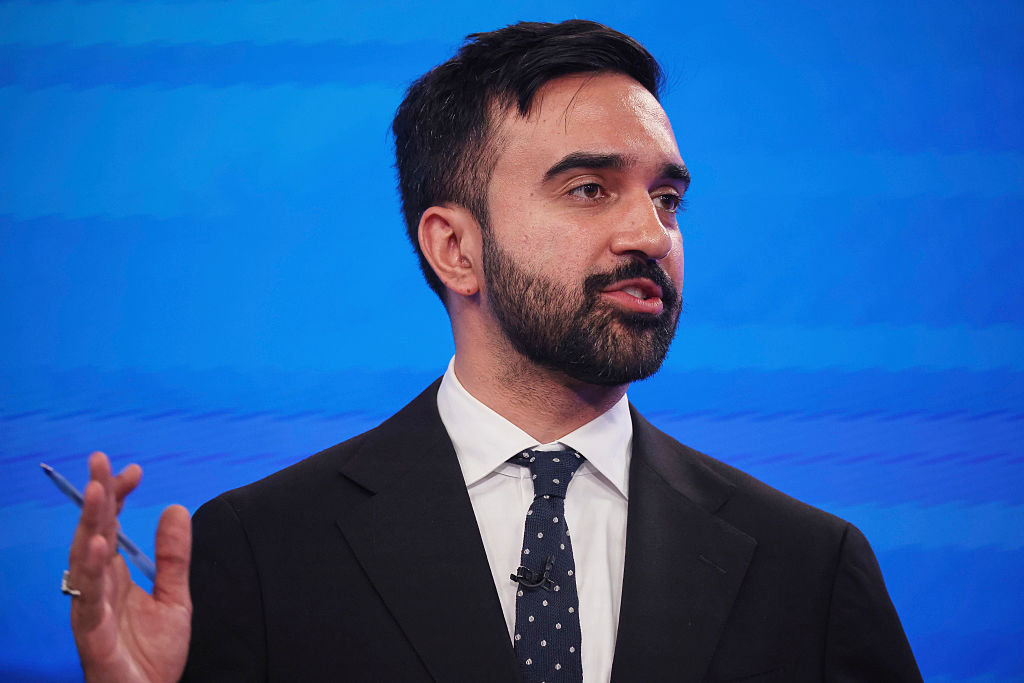How Black Women In Tech Are Changing The Game

Source: EmirMemedovski / Getty
Brought To You By Volvo
Amid ongoing diversity and inclusion efforts in the technology business sector, corporations are increasingly finding out what was already obvious to many: Black women are not only an amazing asset to companies, but they’re also thriving in an industry that has historically excluded and not considered them.
It also seems like there are a growing number of Black women who are championing STEM (science, technology, engineering, mathematics) careers for younger generations that look just like them.
Dr. Lindsay Davis is one of those people. In August, she became the first Black student at the University of Texas at Arlington to earn a doctorate in chemistry in the university’s 126-year history. She said stepping into a space where Black women are significantly underrepresented caused her to develop a sense of imposter syndrome.
But after she realized her journey was bigger than herself, Davis — whose work is centered on enzyme research, an essential component of developing a treatment for tuberculosis — she said she was determined to inspire other Black people to do the same and help them realize a world of possibilities that exist within the industry.
To put Davis’ accomplishments in their proper perspectives, only 2.9 percent of Black women earned STEM degrees, according to Catalyst, a nonprofit group that specializes in helping build workplaces for women.
And while we’ve all heard of “Hidden Figures” and the Black women mathematicians celebrated in that Academy Award-winning Hollywood biopic, there are other Black women people may not have readily heard of who have picked up their collective aerospace mantle and run with it.
They include Vanessa E. Wyche, who was chosen over the summer to serve as the director of NASA’s Johnson Space Center, which was in 2019 renamed for Katherine Johnson, who, along with fellow mathematicians Dorothy Vaughan and Mary Jackson, were immortalized in “Hidden Figures” for their roles calculating the trajectory for Alan Shepard’s Freedom 7 mission in 1961.
Wyche’s appointment is historic because it marked the first time a Black woman has sat at the helm of a NASA center.
Before her historic promotion, Wyche served in several high-ranking positions throughout her career at NASA. She was the executive officer in the Office of the NASA Administrator, a flight manager for the Space Shuttle Program, director of the Exploration Integration and Science Directorate and most recently the deputy director at the Johnson Space Center.
Just 12% of NASA’s workforce is Black out of more than 17,000 employees.
NewsOne has long celebrated and paid homage to Black women working in technology and will continue doing so, particularly in the upcoming Top 50 List recognizing Black excellence in not just tech but also a number of other fields in which cultural diversity is sorely underrepresented.















